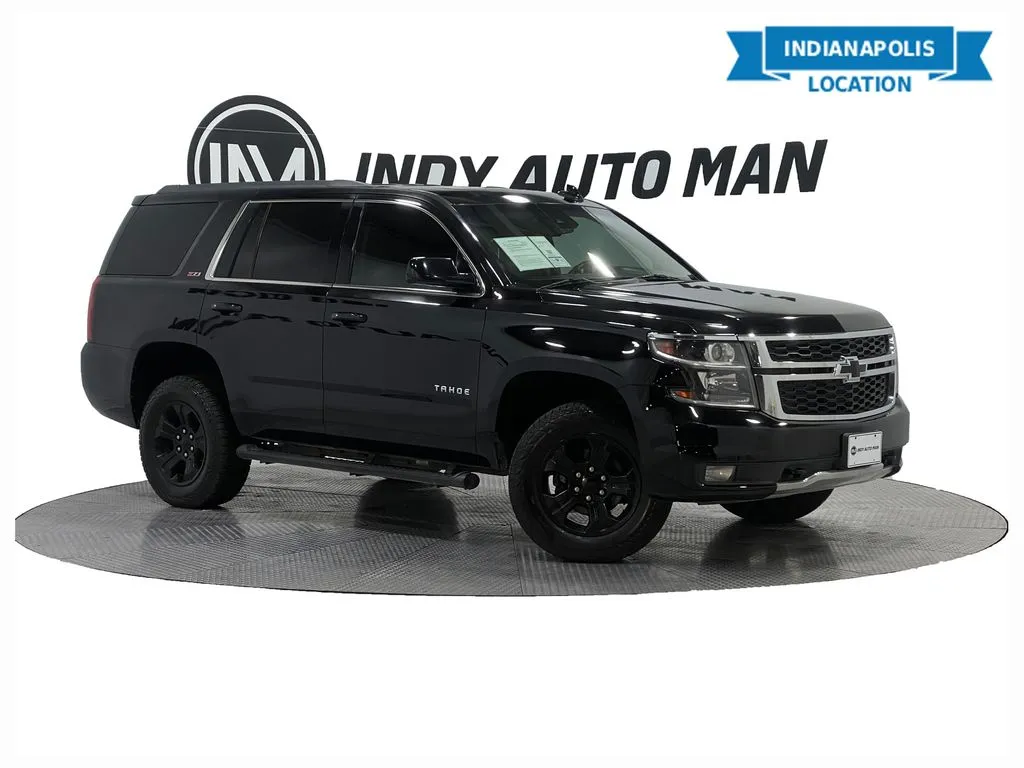Federal Electric Vehicle Tax Credit: Everything You Need to Know
Table of Contents
- What Is the Electric Vehicle Tax Credit?
- How Much Is the EV Tax Credit in 2025?
- 1. Tax credit for new electric vehicles before September 30, 2025
- 2. Tax credit for qualifying used electric vehicles before September 30, 2025.
- What Changed?
- How to Claim Tax Credits for Electric Vehicles bought before September 30, 2025 in Indiana?
- Obtaining a Tax return: for used electric vehicles bought before September 30, 2025

If you are navigating the Indiana market for an electric vehicle, here is the latest update: the federal EV tax credit of up to $7,500 for new electric cars and plug-in hybrids expired on September 30, 2025, following the passage of the One Big Beautiful Bill Act. However, you may still find valuable incentives when buying certain used electric vehicles (EV), plug-in hybrids (PHEV), or fuel cell vehicles (FCV) in 2025. Check Indy Auto Man car dealer's overview of the most current federal EV tax credit provisions and learn about the affordability and availability of clean transportation options in Indiana.
What Is the Electric Vehicle Tax Credit?
The Electric Vehicle (EV) Tax Credit is a financial incentive provided by the government to encourage the adoption of eco-friendly vehicles. It allows qualified buyers to reduce their tax liability when purchasing or leasing eligible electric vehicles or plug-in hybrids, lowering ownership costs and supporting sustainable transportation.
How Much Is the EV Tax Credit in 2025?
- Tax credit for new electric vehicles
The maximum federal tax credit for new qualifying EVs was $7,500 but expired on September 30, 2025. This credit was divided into up to $3,750 for North American battery assembly and $3,750 for meeting critical mineral sourcing quotas. MSRP caps applied ($80,000 for SUVs, vans, pickups; $55,000 for sedans and passenger cars), and vehicles had to be assembled in North America.
- Tax credit for qualifying used electric vehicles
Up to $4,000 was available for certain used EVs, limited to 30% of the purchase price, provided the purchase occurred before September 30, 2025, when the credit also expired.
1. Tax credit for new electric vehicles before September 30, 2025
- The maximum tax credit was $7,500 for new qualifying EVs.
- The credit was split into two halves: up to $3,750 for meeting the battery assembly/manufacturing requirement in North America, and up to $3,750 for meeting the critical minerals sourcing requirement.
- For 2025, the battery component threshold was 60% minimum, and the critical minerals threshold was also 60%.
- If a vehicle met only one of these requirements, the tax credit was halved to a maximum of $3,750.
- EVs had also met MSRP price caps ($80,000 for SUVs, vans, pickups; $55,000 for sedans and passenger cars).
- Vehicles had to be assembled in North America to qualify.
- The tax credit could be applied at the point of sale for immediate savings.
2. Tax credit for qualifying used electric vehicles before September 30, 2025.
- Up to $4,000: Some used EVs that met certain criteria may qualify for a tax credit of up to $4,000, limited to 30% of the purchase price. The loan amount was determined based on the vehicle's battery capacity and other eligibility criteria.
What Changed?
The One Big Beautiful Bill Act ended the federal EV tax credit for both new and used electric vehicles effective October 1, 2025. After this date, no federal tax credits are available for electric vehicle purchases, including plug-in hybrids and fuel cell vehicles.
How to Claim Tax Credits for Electric Vehicles bought before September 30, 2025 in Indiana?

To claim the federal electric vehicle tax credit, you should fill out Form 8936 when you file your federal income taxes. The EV tax credit is nonrefundable, meaning it can reduce or eliminate your tax liability. However, any excess credit beyond your liability will not be refunded. You also cannot carry over any remaining amount to offset future tax obligations.
The process for claiming the EV tax credit varies slightly depending on whether the vehicle is new or used. In both cases, the tax credit is a valuable incentive for consumers to switch to electric cars and support the transition to environmentally friendly transportation options.
Obtaining a Tax return: for used electric vehicles bought before September 30, 2025
For qualifying used autos, the process for receiving the EV federal tax credit is similar to other credits. You must claim the tax credit for the year you purchased the vehicle. It involves filling out the appropriate forms and providing documentation to prove the car, SUV, or truck is eligible for the tax credit. The credit amount is then applied to reduce your tax liability for that year. Unlike the tax credit transfer option for new vehicles at the point of sale, buyers of used EVs must wait until they file a tax return to receive the tax credit benefit. However, it still provides a valuable financial incentive to purchase a qualified used EV.
For ongoing purchases and incentives in Indiana, stay updated with Indy Auto Man's inventory and expert advice to explore clean car options that fit your budget and sustainability goals. Check our inventory in car lot in Indiana and contact us to discover all the benefits you can get.










